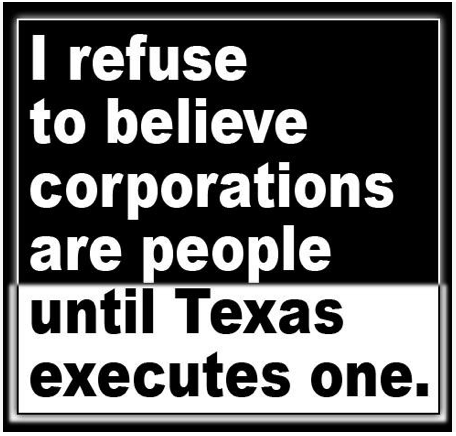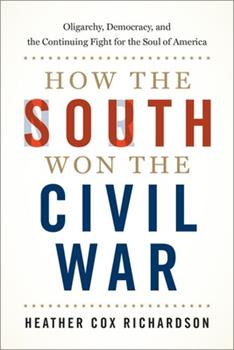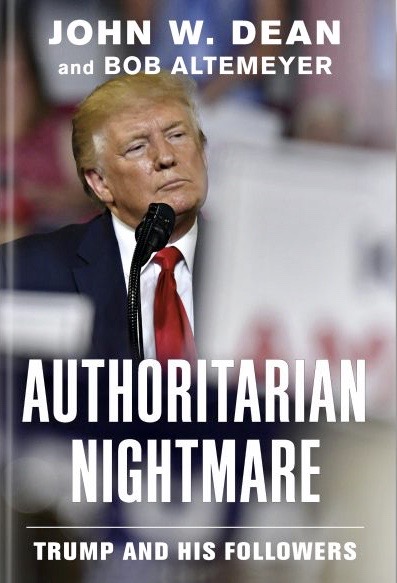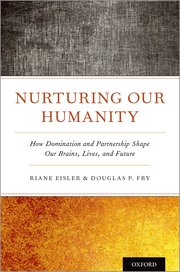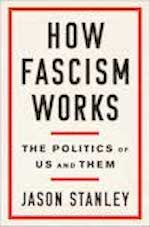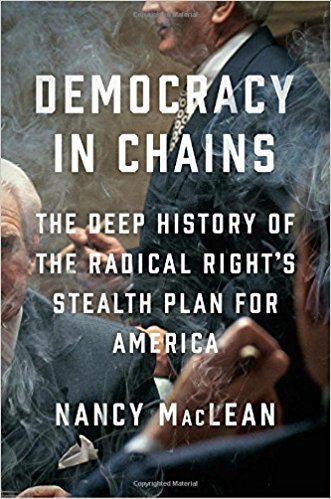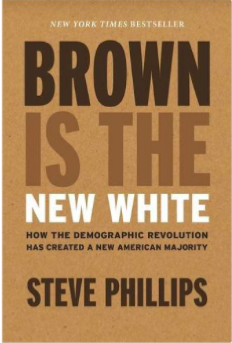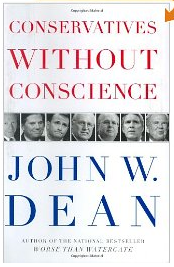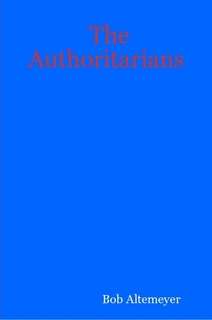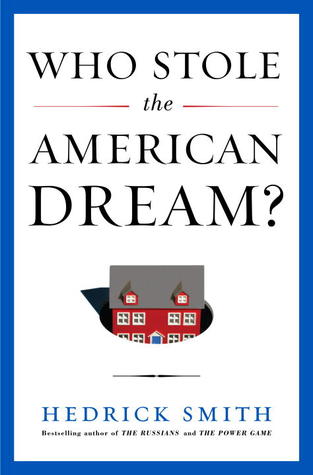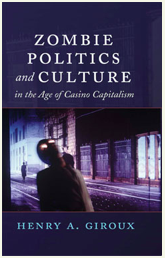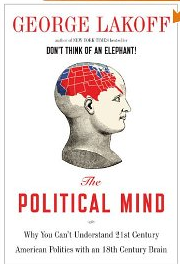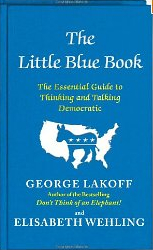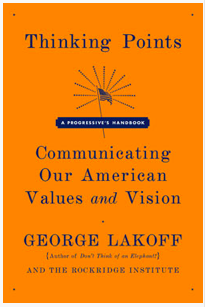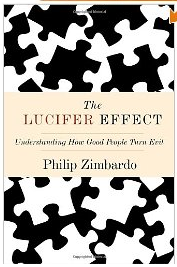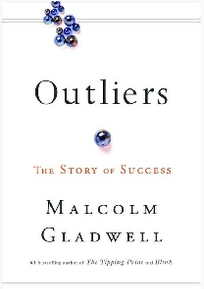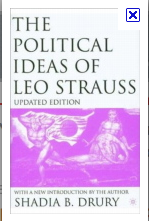Dick Cheney and his staff never cease to appall us. Where is this twisted view of our Constitution coming from? How is it that no one else for over 200 years has ever conceived of such perversions?
The following excerpts from Cheney’s Guy, by Chitra Ragavan, might help explain how this has happened and who’s behind it.
The son of a career military official, Addington was born and raised in the nation’s capital [The nations “bad barrel.”] ….
Addington began his government career 25 years ago, after graduating summa cum laude from the Georgetown University School of Foreign Service and with honors from the Duke University Law School. He started out as an assistant general counsel at the CIA and soon moved to Capitol Hill and served as the minority’s counsel and chief counsel on the House intelligence and foreign affairs committees. There, he began his long association with Cheney, then a Wyoming congressman and member of the intelligence panel. Addington and Cheney–who served as President Gerald Ford’s chief of staff–shared the same grim worldview: Watergate, Vietnam, and later, the Iran-contra scandal during President Reagan’s second term had all dangerously eroded the powers of the presidency. “Addington believes that through sloppy lawyering as much as through politics,” says former National Security Council deputy legal adviser Bryan Cunningham, “the executive branch has acquiesced to encroachment of its constitutional authority by Congress.”
A second critical article of faith for Addington has to do with the presidential chain of command. “He believes there should be the shortest possible distance from the president to his cabinet secretaries, and he does not like staffers or coordinating bodies in that chain of command,” says Cunningham, who worked closely with Addington and also was a Clinton administration lawyer.
Addington is a strong adherent of the so-called unitary executive theory, which is cited frequently and prominently in many of Bush’s legislative signing statements. The theory holds that the president is solely in charge of the executive branch [Except for Dick Cheney] and that Congress, therefore, can’t tell him how to carry out his executive functions, whom to pick for what jobs, or through whom he must report to Congress. Executive power, separation of power, a tight chain of command, and protecting the unitary executive–[those became the guide stars of Addington’s legal universe.
As the Pentagon general counsel, Addington soon alienated the armed forces’ judge advocate generals by authoring a memo ordering the proudly independent corps of career military attorneys to report to the general counsel of each service. “He [Addington] wanted the military services to be not so independent,” says a retired Navy JAG, Rear Adm. Don Guter. “It came under the rubric of civilian control of the military. It’s centralization. It’s control.”
… After the 9/11 attacks, the JAG officers were marginalized from the decision making on military tribunals and detainee treatment policies. They became among President Bush’s most vocal critics within the military.
Win or lose, those who know him say Addington simply outworks his adversaries. Even when lightning caused a fire that nearly destroyed his home, Addington missed just a day of work. His office piled high with paperwork, eschewing a secretary, Addington is impossible to reach by phone, but he E-mails colleagues at all hours of the day and night about urgent government business and, sometimes, his own arcane intellectual pursuits ….
… In a series of letters to David Walker, the comptroller general of the Government Accountability Office, the investigative arm of Congress, Addington argued that neither Congress nor the courts could “intrude into the heart of executive deliberations,” because it would inhibit the “candor” necessary to “effective government.” Addington argued strenuously that no matter what the political or policy outcomes, protecting the information sought by the [energy] task force was the right thing to do. “They gave up short-term political expediency,” Berenson says, “for the larger constitutional principle.” …
After 9/11, there was a small group in control of White House decision making. This group included three lawyers – A. Gonzales, John Yoo and Addington.
Whether or not he became the de facto leader of the group, as some administration officials say, Addington’s involvement made for a formidable team. “You put Addington, Yoo, and Gonzales in a room, and there was a race to see who was tougher than the rest and how expansive they could be with respect to presidential power,” says a former Justice Department official. “If you suggested anything less, you were considered a wimp.” Others say Addington and Flanigan influenced Gonzales, who lacked their national security background.
The administration’s first goal was winning passage of a congressional resolution authorizing the use of military force. …
In an Addington-influenced OLC [Justice Department’s Office of Legal Counsel] opinion issued shortly after 9/11, Yoo wrote that Congress can’t “place any limits on the president’s determinations as to any terrorist threat, the amount of military force to be used in response, or the method, timing, and nature of the response.”
A second critically important issue was what to do with those captured on the field of battle. … The discussions were short-circuited, several former administration officials say, when Flanigan, one of Gonzales’s two top aides, wrested away the group’s work product on military commissions. With Berenson’s and Addington’s assistance, Flanigan wrote a draft order for the White House, based on an OLC memo arguing that the president had the legal authority to authorize military commissions–period.
That led Bush, on November 13, to authorize the secretary of defense to create military commissions to deal with “unlawful enemy combatants.” The Pentagon’s entire corps of JAG officers was kept in the dark, as were Ambassador Prosper, Bellinger, then National Security Adviser Condoleezza Rice, and then Secretary of State Colin Powell.
… A draft memorandum, dated Jan. 25, 2002, signed by Gonzales and written, sources say, by Flanigan with Addington’s input, called Yoo’s opinion “definitive.” The war on terrorism, Gonzales extrapolated, is a “new paradigm” that “renders obsolete” the “strict limitations” the Geneva Conventions place on interrogations and “renders quaint” the protections it affords prisoners. …
… In August 2002, the head of OLC, Jay Bybee, signed a memo interpreting the U.S. law prohibiting torture and implementing the U.N. Convention Against Torture. Addington helped shape the Bybee memo, which was authored by Yoo. Once again, the State Department–which has the lead role in monitoring implementation of the treaty–was left out of the discussions.
Bybee, Yoo, and Addington saw the torture statute, unsurprisingly, as an unwarranted infringement on executive-branch power. Their goal was to interpret it as narrowly as possible, and their memo, consequently, explored the outer limits of the interrogation methods the statute allowed. The three lawyers agreed that the president could override or ignore the statute, as needed, to protect national security. …
As with the incarceration and interrogation issues, President Bush’s decision, within days of the 9/11 attacks, authorize the National Security Agency to conduct electronic surveillance inside the United States, without review by the secret Justice Department intelligence court, had David Addington’s handwriting all over it. Bush, Addington and others in the small coterie of conservative administration lawyers argued, had the authority to order the secret surveillance under his constitutional authority as commander in chief and by the authority granted to him by Congress’s use-of-force resolution before the invasion of Afghanistan. …
The article concluded:
As legal scholars continue to examine the government’s 9/11 policies, David Addington’s singular presence looms larger than ever. What is unclear, at this juncture anyway, is how history will regard him: as a legal path setter who devised innovative means to help a president defeat an unconventional enemy or as a dangerous advocate who, in pushing the envelope legally to help prosecute the war on terrorism, set U.S. foreign policy, and America’s image in the world, back by decades. Even his toughest critics in the administration say Addington believes utterly that he is acting in good faith. “He thinks he’s on the side of the angels,” says a former Justice Department official. “And that’s what makes it so scary.”
Now here is the latest from Mr. Addington according to a June 21, 2007, article in Raw Story:
“Your position was that your office ‘does not believe it is included in the definition of ‘agency’ as set forth in the Order’ and ‘does not consider itself an ‘entity within the executive branch’ that comes into the possession of classified information,'” a National Archives official claims Cheney chief of staff David Addington wrote to him.
Contrast that with what Cheney said on July 25, 2001, on ABC’s Nightline concerning his meeting with top executives from the energy task force, “This request that in fact we’re supposed to provide him [member of Congress] with this information with respect to those meetings in the Executive Branch between the Vice President and other individuals strikes me as inappropriate.â€



